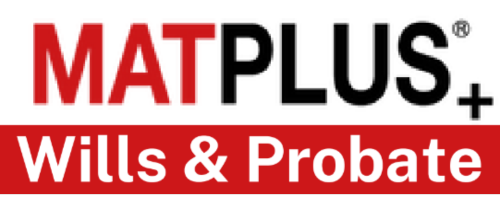Estate Planning
Business Property Relief (BPR)
BPR is a tax relief provided in the UK that allows for a reduction in the value of certain business assets for inheritance tax (IHT) purposes. This relief can significantly reduce or even eliminate the amount of inheritance tax payable on these assets when they are passed on to heirs.
Key Aspects of Business Property Relief:
Purpose: BPR is designed to encourage the continuation of family businesses and to prevent the forced sale of business assets to pay inheritance tax. It helps ensure that business assets can be passed on without incurring substantial tax liabilities.
Eligibility:
- Qualifying Assets: BPR applies to certain types of business assets, including:
- Business Interests: Shares in a qualifying private company.
- Business Assets: Assets used in a business, such as machinery, premises, and stock.
Conditions:
- The business must be a trading business, not an investment business.
- The assets must be owned by the individual for at least two years prior to their death.
- The business must be run on a commercial basis, and the assets must be used in the business.
Relief Rates:
- 100% Relief: Generally applies to qualifying business assets, meaning their value is reduced to zero for inheritance tax purposes.
- 50% Relief: Applies to certain assets used in a business but not wholly owned by the deceased or not used in the business in a qualifying manner.
Qualifying Business: For BPR to apply, the business must be:
- Trading: Engaged in commercial activities, not just holding investments or property.
- Not a Holding Company: Companies primarily holding investments rather than trading are generally not eligible.
Exclusions:
- Investment Property: Property held for rental income or other investment purposes does not qualify for BPR.
- Certain Shares: Shares in companies not actively trading or involved in passive investment activities may not qualify.
- Application Process: BPR is not automatic; it must be claimed on the inheritance tax return. Detailed information about the business and its assets must be provided to support the claim for relief.
FAQs
How is BPR claimed?
BPR is claimed on the inheritance tax return. Detailed information about the business and its assets must be provided to support the relief claim.
Can BPR be applied to shares in a company?
Yes, BPR can apply to shares in a qualifying private company, provided the company is actively trading and the shares meet the criteria for BPR.
How does BPR affect estate planning?
BPR can significantly reduce the inheritance tax burden on business assets, making it easier to transfer family businesses and preserve wealth for future generations. Proper planning ensures BPR is maximized and compliant with tax regulations.)
